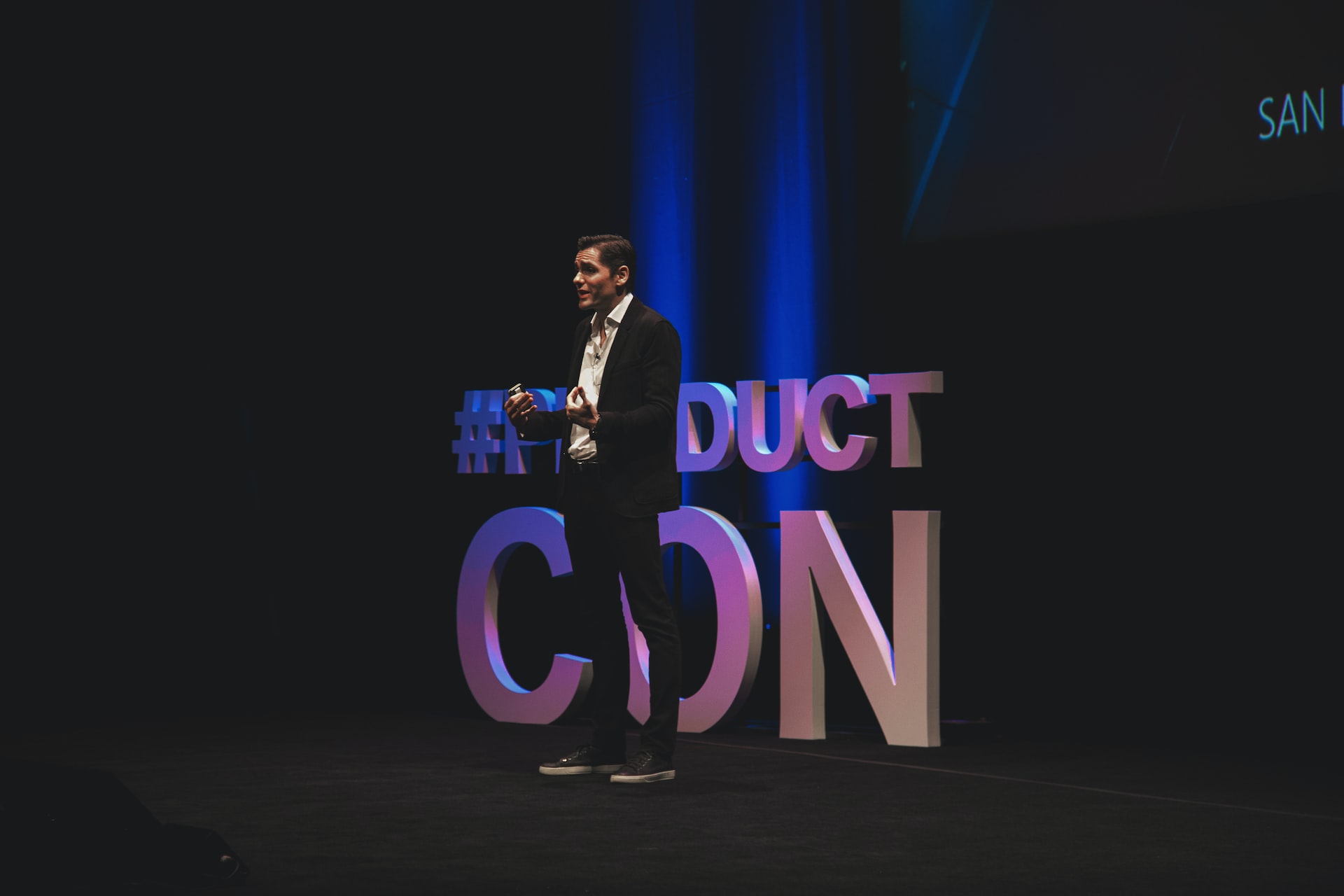Skift Take
Speakers are tired of being treated like babies and they do not want to have to promote their own sessions as that is the event planner’s job. They want respectful, timely communication and have only a few expectations that many planners seem to ignore.
In a recent LinkedIn post, David C. Baker, author of “The Business of Expertise,” shared his thoughts on what a speaker-friendly event should look like, igniting a firestorm of comments. Baker, both a professional speaker and someone who hires speakers for his events, has an interesting dual perspective.
Talk Fees
Time is valuable. Once you have found your speaker, talk about budgets and fees early on. Speakers will appreciate having this conversation as early in the process as possible.
According to David Hyner, a speaker and facilitator focused on setting goals and purpose, wiping out the apprehension around discussing budgets and fees is a crucial step.
The topic of fees was a key issue raised in Baker’s post. He advocated a flat fee that includes expenses. This doesn’t sound like a big issue, but not having to worry about chasing down receipts can save time.
Incorporating essential services into one fee helps streamline the speaker experience. Alastair Greener, speaker and TV host said he prefers to book his own flights. “But I feel planners should book my accommodation as it will often be a part of their event anyway,” said Greener.
Talk Audience
Baker said demographic data shared with the speaker is key, as the more a speaker understands attendees, the better the outcomes are likely to be.
“What I’d like to know about the audience is a persona, a picture of exactly the kind of people they will be, plus what they are most likely to want to know from me,” said Graham Jones, an internet psychologist, professional speaker, and author.
Equally critical is understanding the topic of the discussion. Baker proposes that the speaker choose the topic, but in contrast, Hyner believes, “It is always better if the client finds the speaker that fits the theme rather than have a speaker tweak their content to fit.”
Certainty in Contracting
A contract provides certainty that puts a speaker’s mind at ease. Contracts indicate that events have moved from vague pencil marks in a diary to a confirmed booking.
Plus, the contract is where precisely what is needed is specified.
Tiffany Kemp, a speaker, negotiator, and contracting specialist, drums home the message that contracts need to be clear and obvious for both parties. Both sides must understand what they need to deliver and the consequences if they don’t live up to these expectations.
Sharing Slides
Baker’s LinkedIn post was the site of a robust discussion when he suggested that speakers should not have to send a slide deck ahead of time.
Some speakers only want to share a slide deck immediately before the event. This enables them to add in their very latest thinking. But for planners that have numerous tasks and other responsibilities, this approach can lead to heightened stress.
There can be a middle ground approach to facilitate stress-free deck delivery. Johnny Martinez, head of business development at Shocklogic, prefers to send slides ahead of time to give planners some comfort, even if his final content is still being worked on. “It helps planners relax, knowing what’s coming. I take delegates on a visual journey and use very little text on my slides if any,” said Martinez
Trust
Once the planner has detailed the audience, outlined the event objectives, and provided technical logistical details, it is time to let go. Trust that the speaker will deliver.
Speakers do not need to be managed at every stage of the process. But on the other hand, a speaker should not break a planner’s trust.
“My number one gripe when booking speakers is that they stick to the length of time I have given them,” said Emma Boardman, a serial entrepreneur. Baker agrees. He expects speakers to end on time, or they can face being pulled off stage.
Be Clear
Clarity is the concurrent thread both speakers and planners require. Speakers want clarity on contracts, fees, and objectives. Remember, they are a critical part of your event, and by spelling out what you expect of them, they are sure to succeed.





